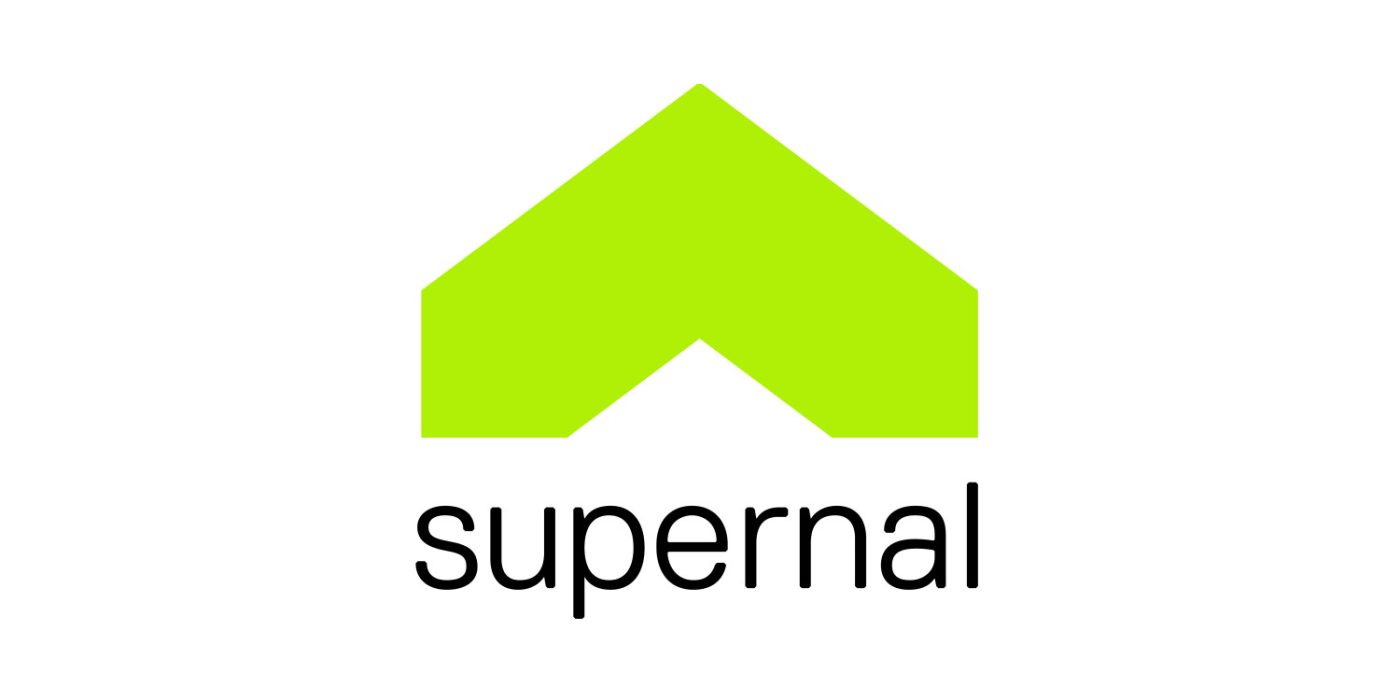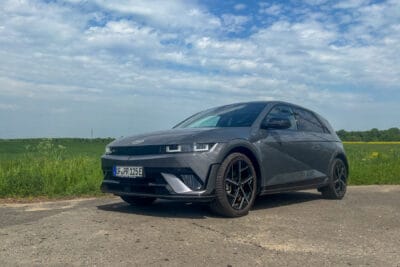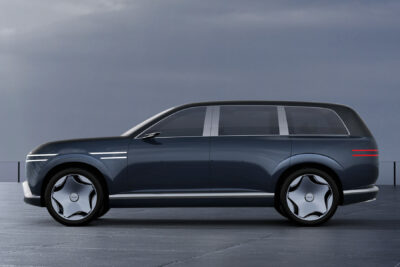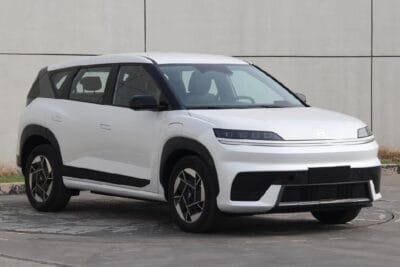Hyundai’s Supernal wants to build eVTOLs in the USA
Bloomberg broke the news following an interview with Shin this week in Singapore. The executive did not go into much detail regarding actual manufacturing but set Supernal on a schedule. The company opened its technical headquarters in Irvine, California, in July and a new research and development facility in Fremont two months later. According to Shin, the workforce has doubled from last year to nearly 600, with many engineers coming from Boeing, Lockheed Martin and Tesla.
He also detailed a prototype for next year’s CES in Las Vegas. The eVTOL taxi shall fly at 120 miles an hour (190 kph) and with one pilot and four passengers. Shin set December 2024 as the target for a test flight, with ambitions to start commercial service four years later – in line with earlier announcements and with enough time to build a plant.
Shin didn’t disclose the investment or other details regarding the new Supernal plant in the USA. Earlier reports forecasted the first commercial flight by 2028.
Looking at the company’s current activities, California seems an option. However, Bloomberg also suggests the plant could be built close to Hyundai Motor Group vehicle plants. These exist in Alabama and Georgia, and Hyundai is building another large plant for the production of electric cars in Georgia.
Lack of clear certification hinders advanced air mobility
Any flight will naturally require certification, and Shin admitted that “Considering all the battery technology and all the infrastructure and regulation to come along, it’s going to take some time”.
Batteries are the heaviest challenge in urban air mobility since they account for nearly half of an eVTOL weight. “That’s really the killer,” Shin said. Plus, the power packs pose significant safety risks for aviation authorities.
Regardless, Supernal plans to submit an application for certification to the US Federal Aviation Administration (FAA) in the coming months. Already in July 2022, Hyundai had agreed to work with Rolls-Royce on its urban and regional air mobility plans. The partnership shall leverage Rolls-Royce’s aviation and certification capabilities and Hyundai’s technological and manufacturing capacities.
However, Shin, as well as anyone working in the segment, knows there is work to be done on the side of the authorities. “There’s nothing out there — no infrastructure, no policy, no regulation,” he said. “Since it’s so brand new, the FAA doesn’t have an established certification method.”
At the same time, the authority is working on it and is involving manufacturers. Only last week, the FAA announced cooperation with the US Air Force to help “inform FAA certification efforts, policies, standards, and future airspace integration requirements.” In July, the FAA also released an ‘Implementation Plan’ detailing the steps required “to enable advanced air mobility operations in the near term safely”. The plan is limited to piloted planes. The FAA considers companies developing or operating AAM aircraft “key stakeholders” and wants these to “bring forward the use cases and locations of interest” while working with agencies to obtain necessary certifications and approvals.
Since Supernal was founded two years ago, Hyundai & Kia have invested about 1.2 trillion won ($920 million) into the company, according to filings. With funding coming from Hyundai, Supernal doesn’t plan an initial public offering, Shin said.
Last month, it signed an agreement with Korean Air to collaborate on air mobility for the South Korean market. Speaking at an aviation conference in Singapore on Tuesday, the airline’s CEO Walter Cho said vertical mobility vehicles will likely first be used to carry cargo and then evolve.





0 Comments